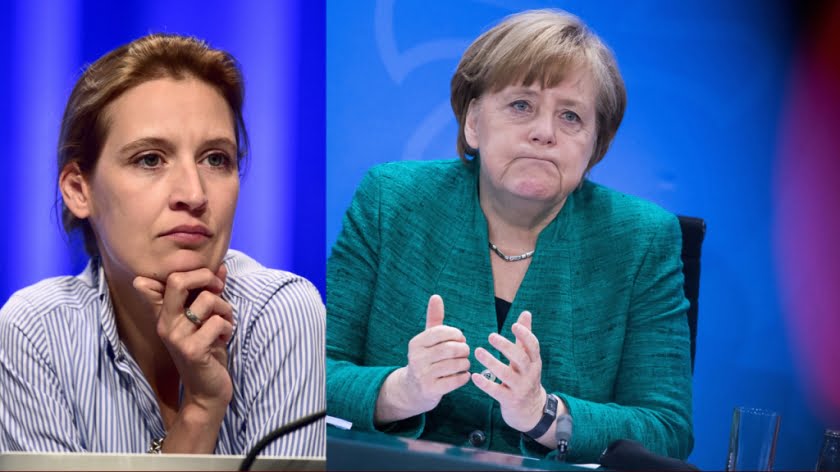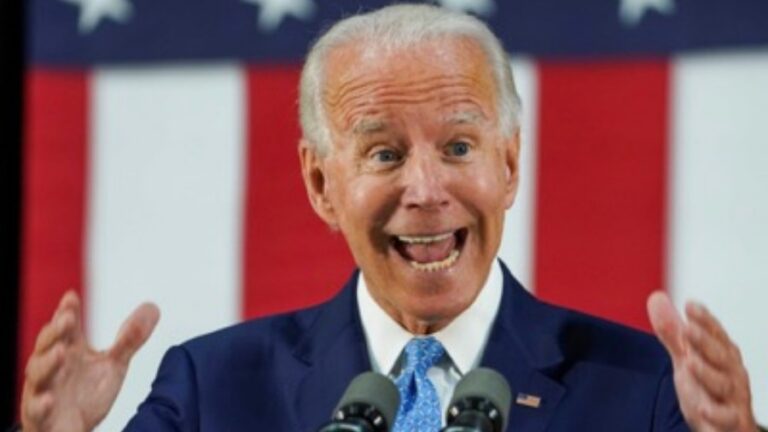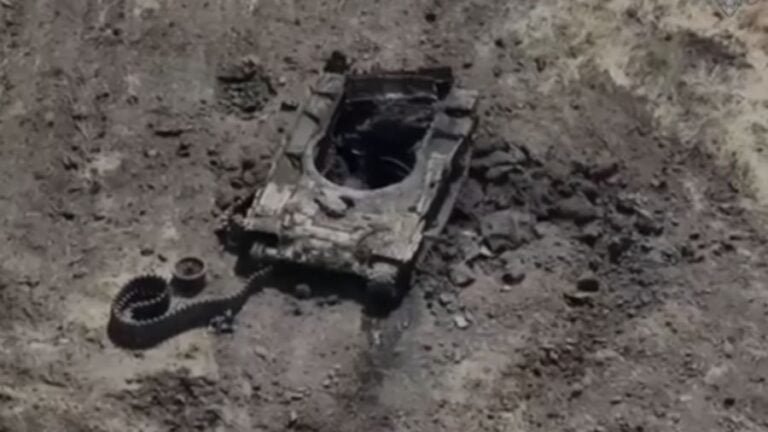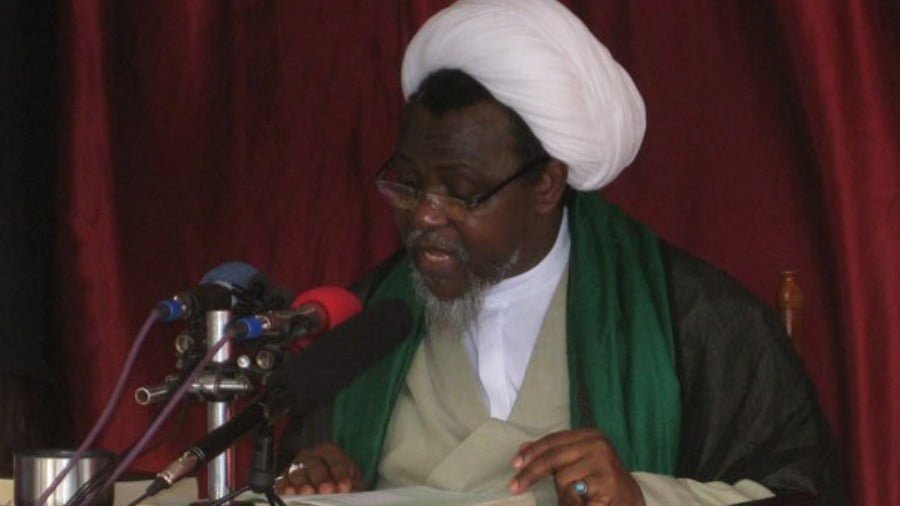Thuringia – Patient Zero for Germany’s Revolution?
German politics is in turmoil. State elections last fall left Chancellor Angela Merkel weakened, forcing her Christian Democratic Union (CDU) to make an unwanted coalition in Brandenburg with the Social Democrats (SPD) and the Greens.
The surge in the former East German states of Merkel’s political nemesis, Alternative for Germany (AfD), complicates an already complicated web of tenuous alliances to allow Merkel’s CDU to remain in power.
That surge in AfD’s support reached crisis proportions recently in Thuringia. Last fall Die Linke (31.0%) and AfD (23.4%) took a majority in Thuringia. While both are committed euroskeptics, they are also oil and water.
Die Linke is a committed leftist party while AfD is a more populist center-right party, characterized by histrionic German and European media as the far-right bogeyman of Germany’s Nazi past.
Merkel’s CDU (21.0%) came in third.
For months since the election ended with no clear path to a majority government because the establishment parties refuse to work with AfD, the parties have wrangled to try and cobble together a coalition.
And after two noncommittal ballots the deadlock was broken by AfD backing the Free Democrat (FDP) candidate Thomas Kemmerlich. Chaos ensued.
Their plans were unexpectedly halted on Wednesday when the AfD sided with the CDU and pro-business Free Democratic Party (FDP) to narrowly outvote Ramelow’s candidacy and elect FDP’s Thomas Kemmerich instead.
The move instantaneously sent shockwaves across Germany, creating a rift between Thuringia’s CDU branch and its leadership in Berlin. CDU’s chief and Federal Defense Minister Annegret Kramp-Karrenbauer accused her colleagues of breaking rank by violating the party’s usual policy of avoiding any cooperation with the anti-establishment and anti-migrant AfD.
AfD pulled support for their own candidate and backed Kemmerlich, freezing the Greens, who barely qualified for even one seat, out of the government.
The untenable situation in Thuringia finally blew up in Merkel’s face. Denying the existence of nearly a quarter of its electorate in coalition talks is ultimately slow-motion political suicide.
It is yet another example of the desperation of German political elites to hold onto power.
They did this successfully in Brandenburg but only by doing there what Merkel couldn’t do at the national level in 2017, agree to a deal with the SPD and Greens.
AfD is here to stay, especially in the former East German states. The left parties are fluid and Merkel keeps using the CDU’s nominal center-right status as a cudgel to strong arm her preferred results.
The more this happens, the harder opposition gets. And the result in Thuringia was local CDU members, in revolt against Merkel’s prohibition against working with AfD, defied her to stymie the Die Linke/SPD/Green minority coalition that was supposed to win.
In the end, why is Merkel so angry about this result, beyond the obvious issues within her own party? Why did she force Kemmerlich to dissolve the government and go for snap elections in Thuringia?
It has everything to do with the German upper house, the Bundesrat. I covered this back in November after the vote. Merkel has a de facto alliance with the Greens to ensure control over the Bundesrat and, by extension, the Bundestag.
As was pointed out to me by German political observers the game Merkel has been playing by working with the SPD in the Bundestag only works if she keeps the Greens in the Bundsrat happy.
But because of the nature of the Bundesrat, where state delegation must vote as a block, up until Thuringia the Greens held veto power over 37 out of 69 seats there and could stop all legislation cold.
But those four seats now will likely go to someone else and this defection by CDU party members in Thuringia threatens a constitutional crisis in Germany if AfD make it into the Bundesrat.
Adding the Greens to Brandenburg was meant to offset the potential loss in Thuringia. So that the current Bundesrat map looks like this with the Greens holding 41 seats plus potentially 4 more from Thuringia.







